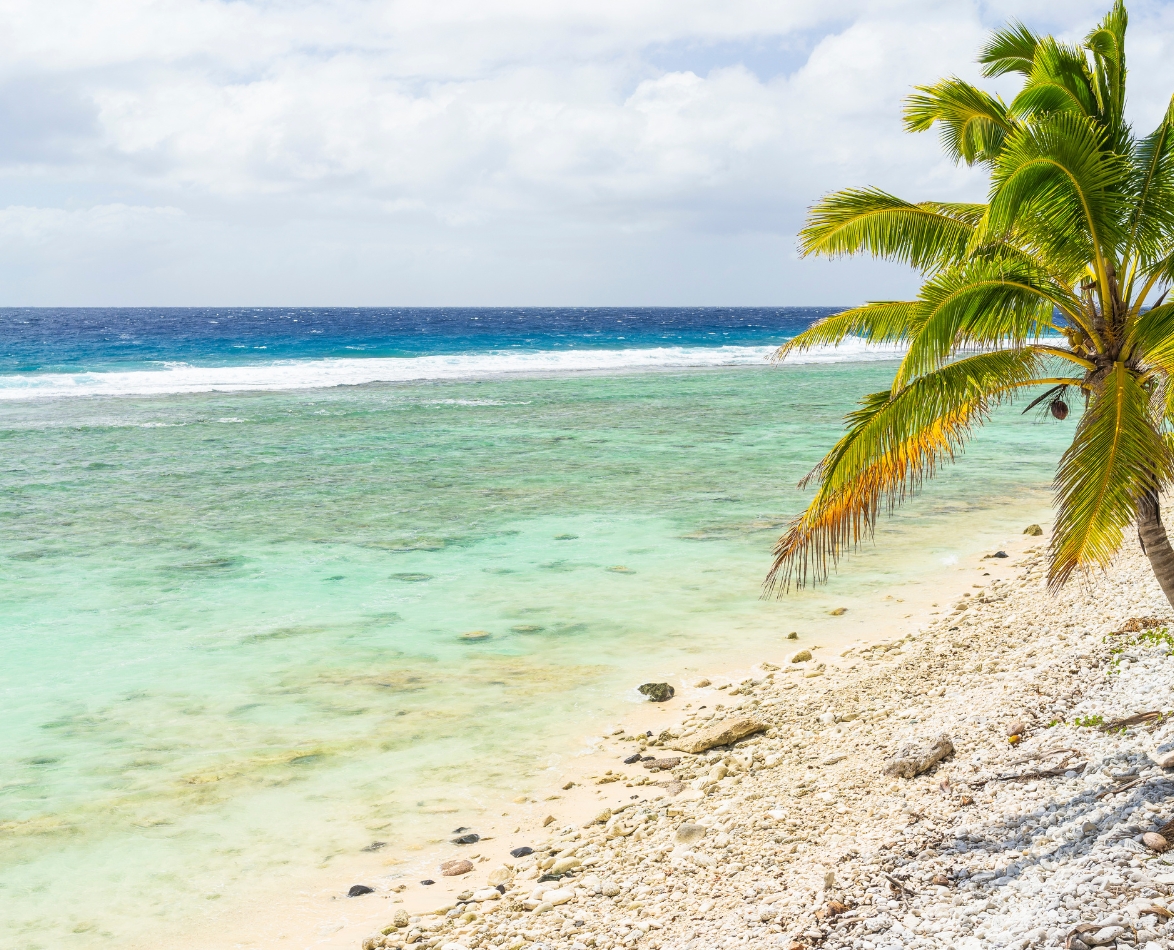Below white sandstone cliffs, fast-rolling waves crash into the bay. The only other noise is tuis croaking from a nearby podocarp forest, its canopy dull from salt spray.
We’re not far from Owaka, in the heart of the Catlins, Otago, at an isolated section of coast with DOC ranger Cheryl Puller, two co-workers and five volunteers. We’re on an annual egg hunt. Our mission: to find yellow-eyed penguin nests and, with luck, warm eggs inside.

The yellow-eyed penguin is one of the world’s rarest species.
Armed with a waterproof notebook and pen after a quick briefing and demo, we are left to hunt. Any washed-up rubbish is also collected.
Splitting into sections, fellow searcher Ruth asks, “Where would I live if I was a penguin?” Human ideas of them living ideally close to the sea is not the bird’s consideration. There’s no pattern to their preferred nesting spots and we clamber up hillsides, at times crawling on hands and knees over mud and stinging nettles, to reach precarious spots where they happily nest.

A docile penguin allows a volunteer to check for eggs.
The first clue I’m close to a nest is a sharp stink of rotten sardines, followed by a white squiggly trail tapering over a floor of wet leaves. I follow my nose to a fallen log. Inside, a yellow-eyed penguin sits like a chook over a nest made of sticks. It obediently lets me lift its feathery chest to reveal one snug, ivory-coloured egg.
Each day, we travel to a new site, awed by its raw beauty. Each night, with weary legs and a few scratches, we return to our lodge at Nugget Point and watch the sun set behind one of the country’s most picturesque lighthouses.

The Department of Conservation (DOC) conducts its egg hunt annually.
Despite the varying numbers, the overall egg tally is consistent with results from the last six years. But, for the birds to improve from their endangered status, there needs to be better protection from stoats, rats, wild cats and human contact.
At the end of the week, a volunteer finds a dumped metal safe. The police locate a secret compartment, holding nearly $11,000 cash; the most exciting piece of rubbish ever retrieved. But not as important as caring for New Zealand bird life.
- Kelly Lynch*




